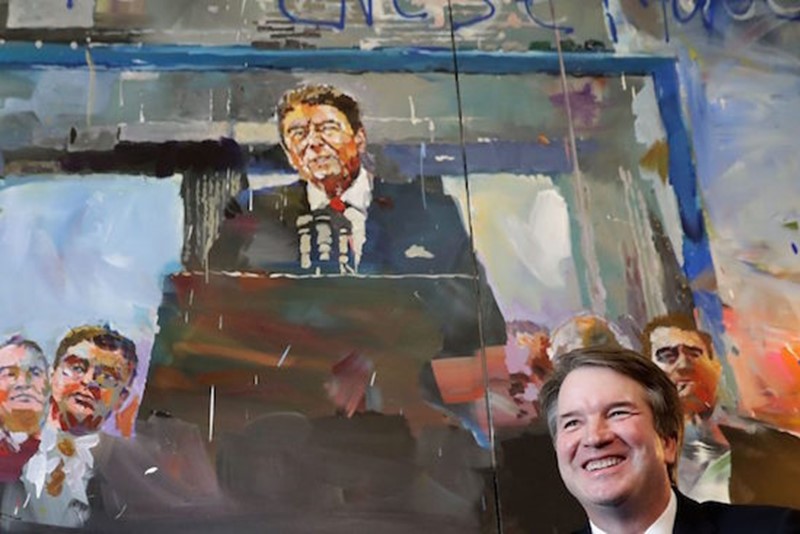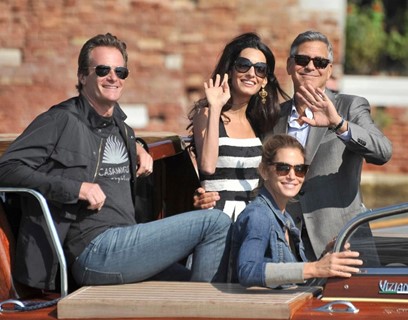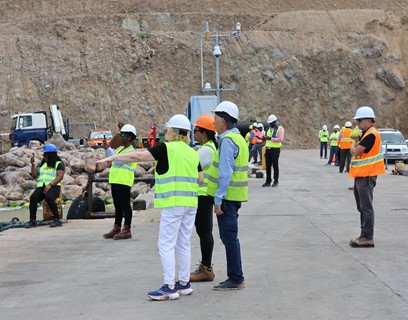
In hearings this morning on his nomination for the US Supreme Court, nominee Brett Kavanaugh called U.S. v Nixon "one of the greatest moments in American judicial history" to defend himself about accusations regarding his extreme view of presidential power.
In fact, Kavanaugh has suggested that the case, in which the Supreme Court unanimously upheld a subpoena against President Nixon, should be overturned.
“It’s nice to hear Kavanaugh praise U.S. v. Nixon when he’s in the hearing room,” said PFAW Senior Fellow Elliot Mincberg, “but his record tells a very different story and makes it clear that anyone who cares about the rule of law should be deeply concerned with Kavanaugh’s views of presidential power.”
As the Associated Press reported in July:
Supreme Court nominee Brett Kavanaugh suggested several years ago that the unanimous high court ruling in 1974 that forced President Richard Nixon to turn over the Watergate tapes, leading to the end of his presidency, may have been wrongly decided.
Kavanaugh was taking part in a roundtable discussion with other lawyers when he said at three different points that the decision in U.S. v. Nixon, which marked limits on a president’s ability to withhold information needed for a criminal prosecution, may have come out the wrong way.
…
Kavanaugh’s belief in robust executive authority already is front and center in his nomination by President Donald Trump to replace the retiring Justice Anthony Kennedy. The issue could assume even greater importance if special counsel Robert Mueller seeks to force Trump to testify in the ongoing investigation into Russian interference in the 2016 election.
“But maybe Nixon was wrongly decided — heresy though it is to say so. Nixon took away the power of the president to control information in the executive branch by holding that the courts had power and jurisdiction to order the president to disclose information in response to a subpoena sought by a subordinate executive branch official. That was a huge step with implications to this day that most people do not appreciate sufficiently...Maybe the tension of the time led to an erroneous decision,” Kavanaugh said in a transcript of the discussion that was published in the January-February 1999 issue of the Washington Lawyer.
At another point in the discussion, Kavanaugh said the court might have been wise to stay out of the tapes dispute. “Should U.S. v. Nixon be overruled on the ground that the case was a nonjusticiable intrabranch dispute? Maybe so,” he said.


